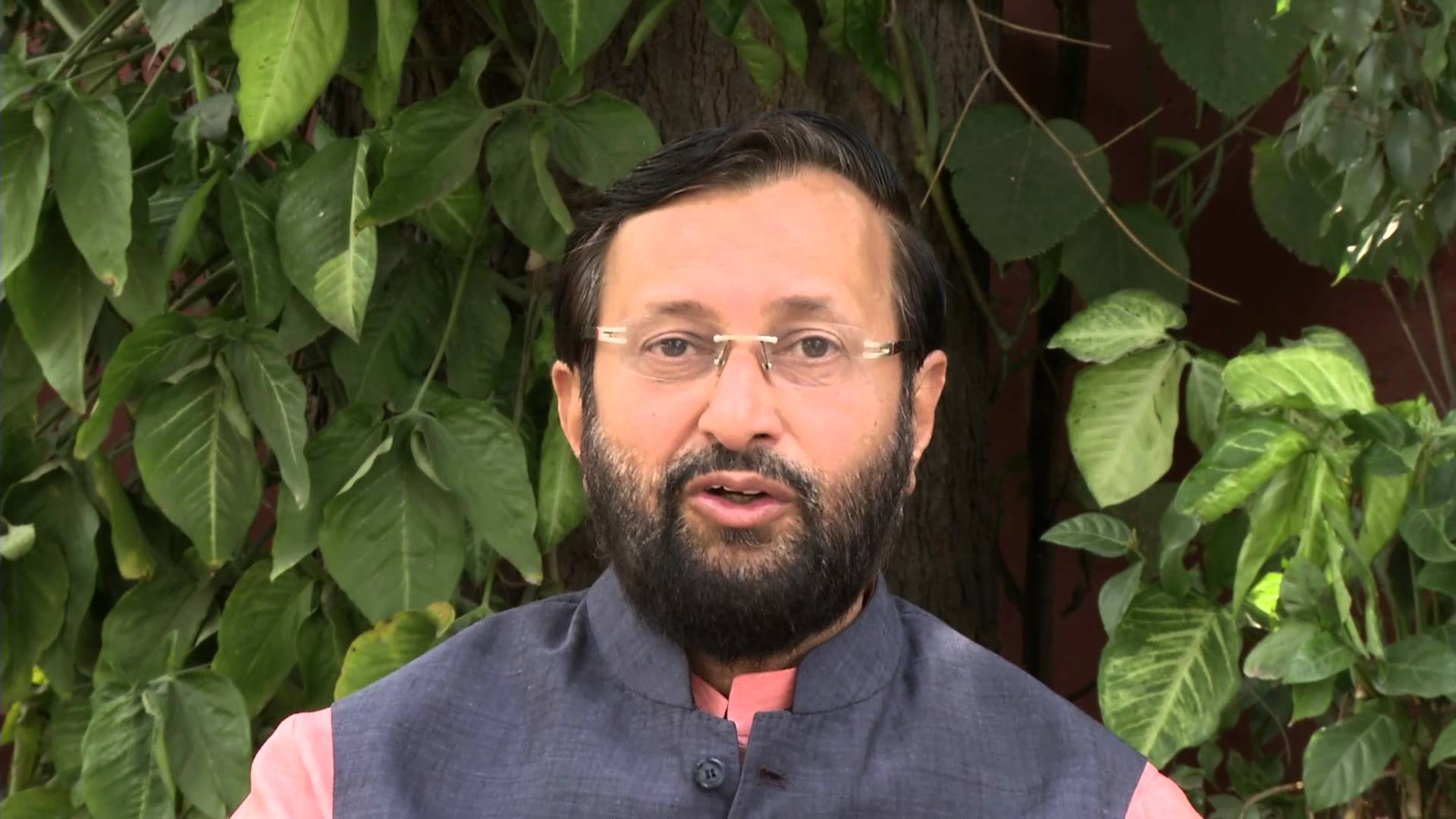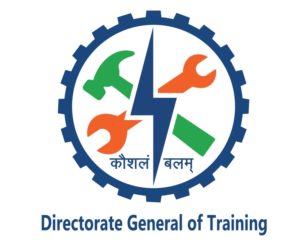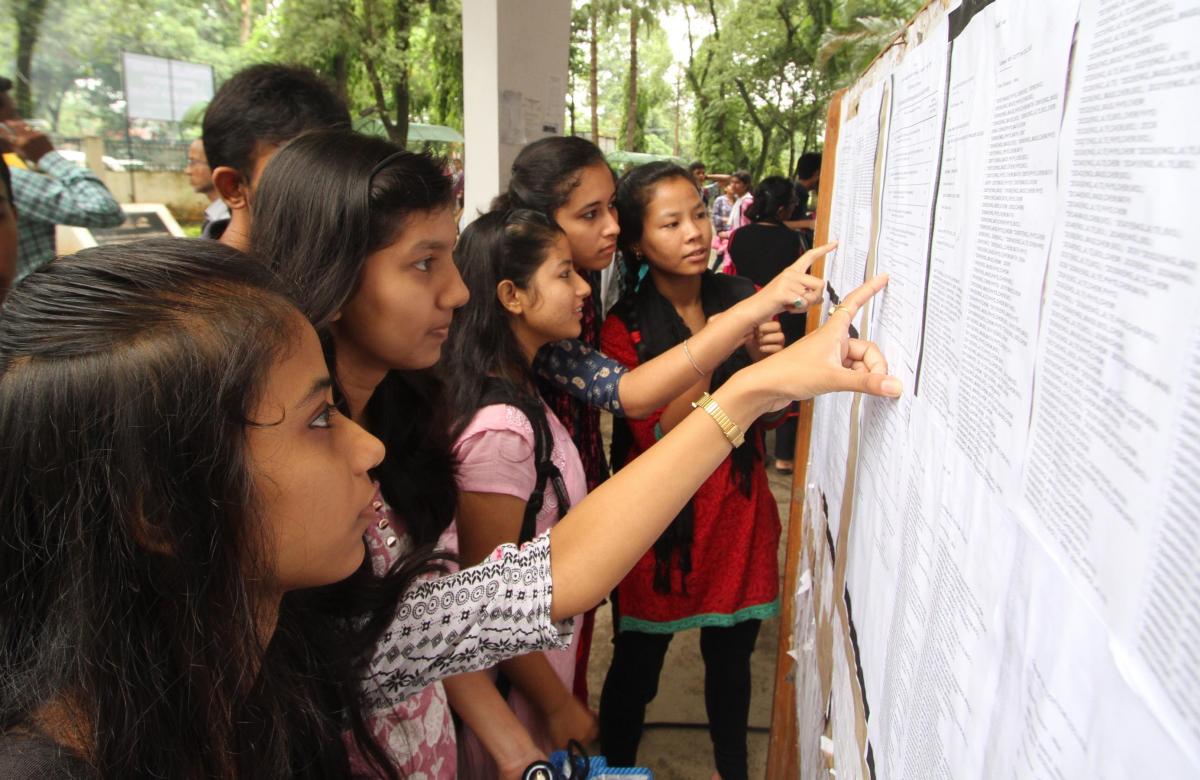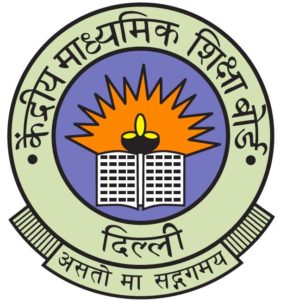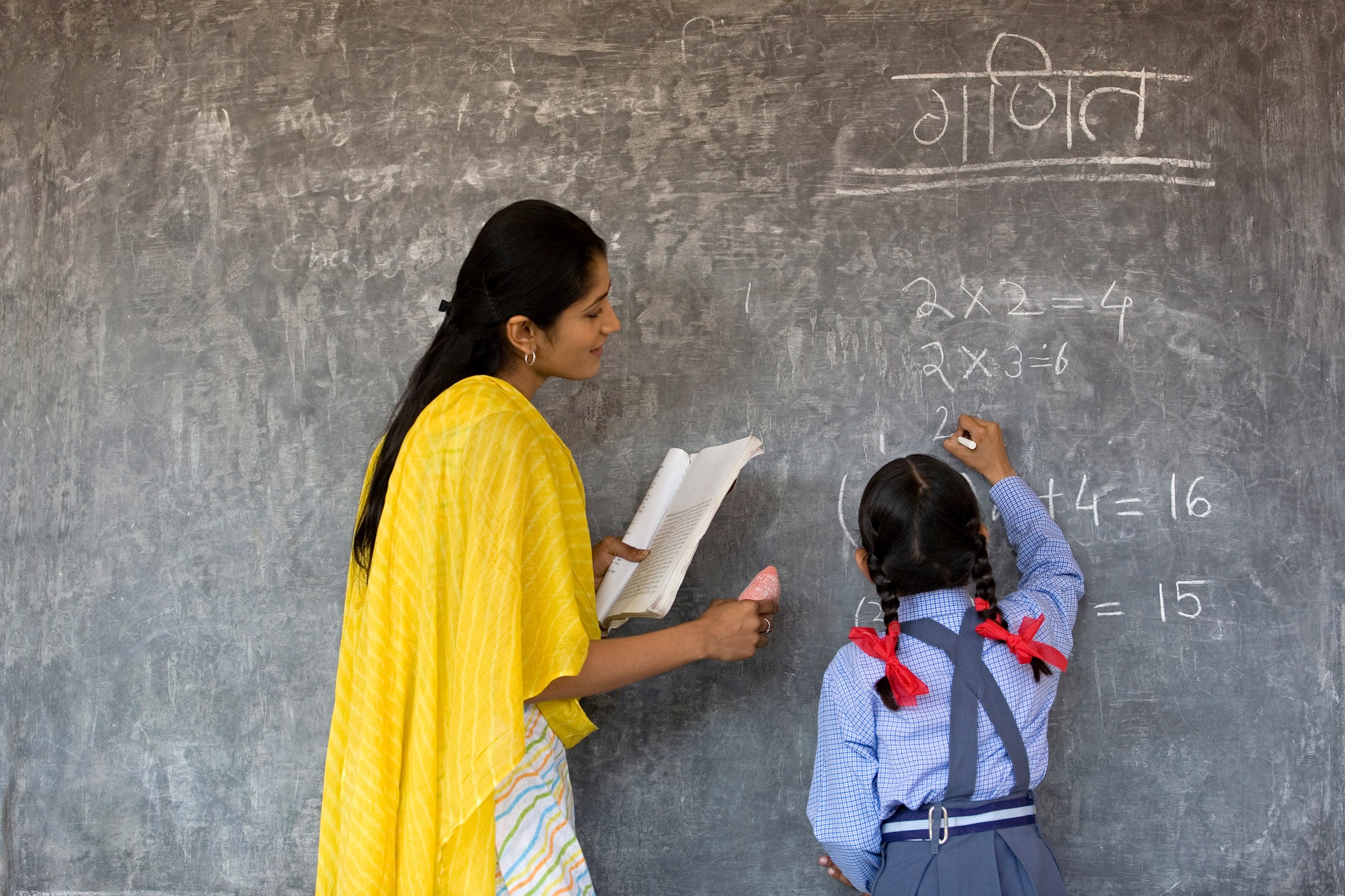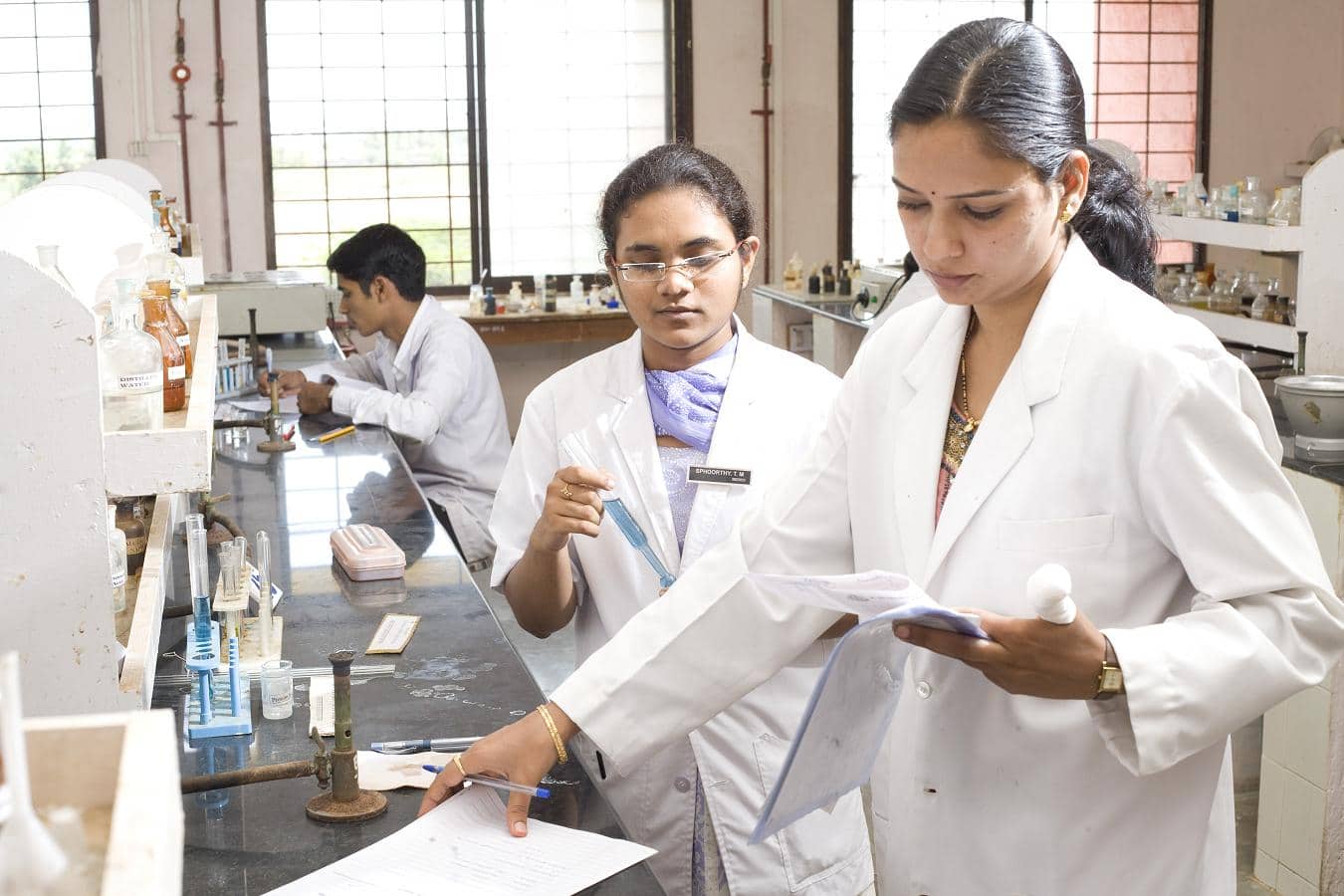Entrepreneurship is all about one’s readiness to take risks, create structure and handle a business in a competitive world that is dynamic. In India entrepreneurship and start-up activities have grown immensely, writes Kalpana Sinha, Entrepreneurship and Student Welfare Department, IMS Noida, for Elets News Network (ENN)
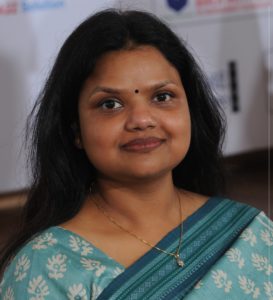 As seen nowadays, there is a huge advancement in technology and ease in finding source for finance, more people specially the youth is showing major interest towards the new startup culture that is in trend. In this culture there is always a way and scope of innovation and because of this scope it has the ability to change the world. Startups by offering a better way to everything are challenging companies that have stood for 100 years. Startups work in a transparent environment and aim at improving the way one serves the customers. Startup companies hunt for new ideas and they jump on it to find fresh and enhanced ways to use the idea and to come up with improved quality.
As seen nowadays, there is a huge advancement in technology and ease in finding source for finance, more people specially the youth is showing major interest towards the new startup culture that is in trend. In this culture there is always a way and scope of innovation and because of this scope it has the ability to change the world. Startups by offering a better way to everything are challenging companies that have stood for 100 years. Startups work in a transparent environment and aim at improving the way one serves the customers. Startup companies hunt for new ideas and they jump on it to find fresh and enhanced ways to use the idea and to come up with improved quality.
There are numerous reasons that are boosting up the startup culture for the millennium generation. Current is the generation that has a whole lot of innovative ideas, greatest of the minds but cannot work under the conventional work environment. This is where startups play their role and gives the way to those who want to be their own boss. Also, one more thing that is attracting people towards this startup culture is that government offers a lot of benefits to startups and is trying best to build the desired ecosystem. So, the government with its encouragement is adding oodles to the ongoing entrepreneurial culture.
Might be a bit late but the startup culture has taken a swift boost, thanks to the budding enthusiasm of entrepreneurship. One of the freshest trends is that educational organizations in India have started to play a crucial role in creating entrepreneurial and startup opportunities comprising entrepreneurship as one of the main courses in business education. From the past couple of years, college campuses also have started encouraging the startup culture relating to different fields. Considering the example of one of the most famous social media site Facebook which was also born at a college campus, the education institutes have to be optimistic, because we never know where the next big entrepreneurial giant may take place.
Role of colleges
In colleges, strong teams can be built with fellow students where there is a constant flow of ideas because of the dynamics involved with the young generation. Colleges can develop entrepreneurship cells which should chanellise the flow of idea in order to achieve aim at growth and flow of ideas. If students are provided with the specific training on how to control a business, they can achieve heights. Many well established colleges in India do promote this culture by establishing entrepreneurial ecosystem. If more colleges will promote the idea of entrepreneurship, we can have a bigger room full of ideas. Big entrepreneurs need talented people who are willing to work for them.
Entrepreneurship and the dynamics
Entrepreneurship is the latest activity that is creating an atmosphere of excitement in the world. However, to begin with the idea of a startup and working efficiently for it, one feels necessity for strong devotion, a firm decision, confidence and determination. The one difficult test that start ups have to give is of finding a person with willingness to work in a startup. A person starting a startup should stay motivated and also should create an atmosphere of motivation that will help others also in the team. Hiring people for operations like marketing and sales is easy, but finding technical talent is quite a difficult task.
Young people usually don’t know what to expect. People often evaluate a company by its elegant office which actually should not be given much preference when joining an organisation. Working from home is cheaper, much satisfying and low pressured. But in India, many employees think that having a proper office means more success. People have become habitual of MNC or Call Center kind of jobs, where they can get job security, high pay with much lesser skills and work. There is a need of people who also have entrepreneurship in vision and are convinced to the thinking that a Start up can give them a great growth where one gets to learn and add oodles to their experience.
One attribute that startups look for is the intelligence to do the role in terms of skill and experience. Some startups have assessment tests. A considered employee should be self-motivated and should show team player abilities. Also, they need to have some complementary skills, knowledge of industry and network. And they should fit into startup culture.
One should have the knowledge of the industry in which he/she will enter and should be willing to learn fast, without this, it becomes difficult to survive in this culture. Deep confidence in yourself and in your abilities helps you fight the fear of failure. One has to be hard working, determinant and should be able to do multiple tasks. Last but not the least these are the following delicacies that should be in an entrepreneur and this is considered the main goal of entrepreneurship.
- They need to differentiate between markets where they can explore their strength and potential.
- Secondly they should know about their potential consumers who are actually willing to buy their services.
- The budding entrepreneurs must have knowledge about their unique selling preposition so that can attract consumers through their value added services.
Education can play a vital role in the entrepreneurship because if a child is unable to get good marks, somehow he/she give up hope that they can do something in life. In such a situation, only teachers can increase their self-confidence. We are in 21st century where people are into digitization hence we can enhance our inner qualities with the help of technology only we need to have will determination that we can do it at any cost.









